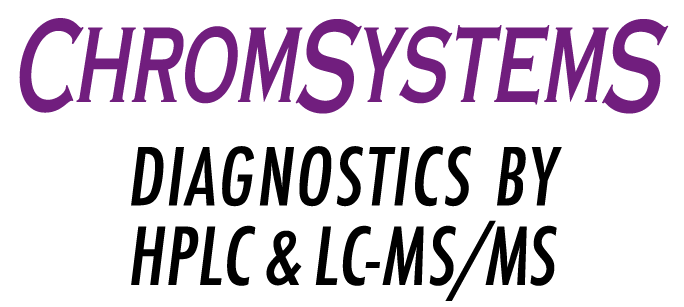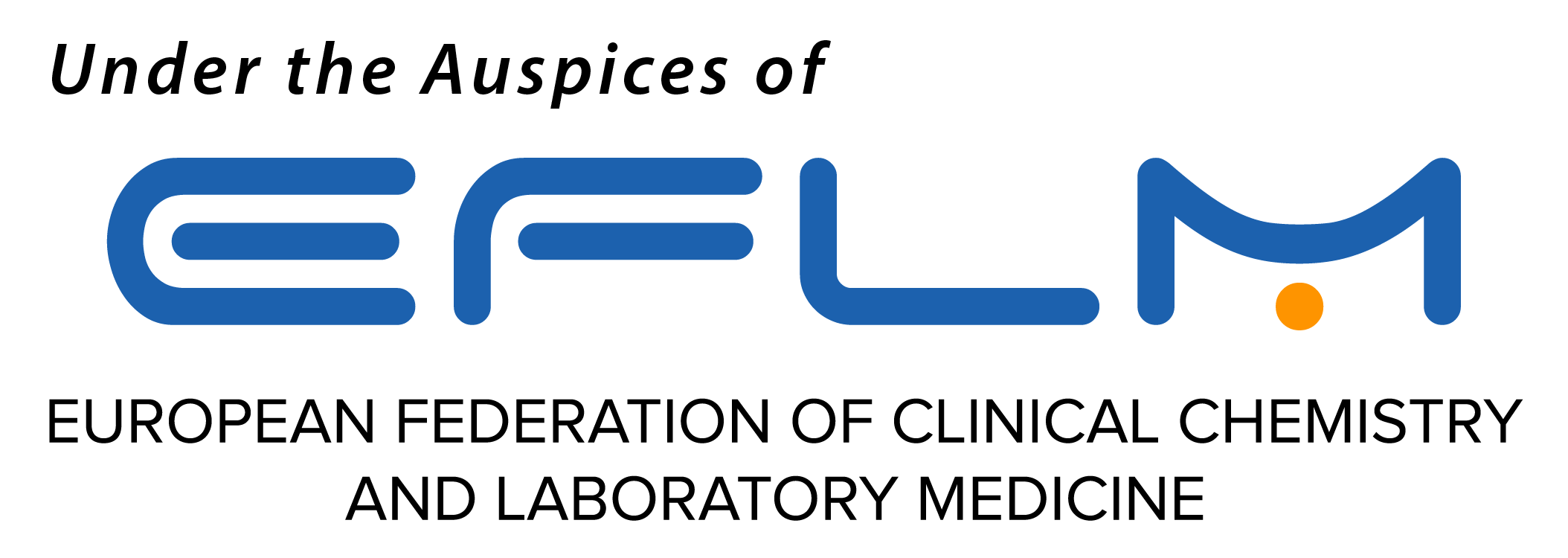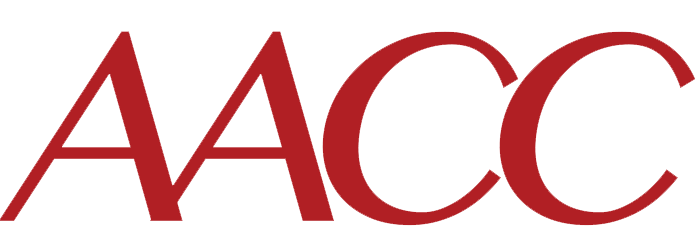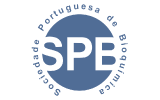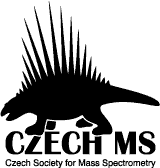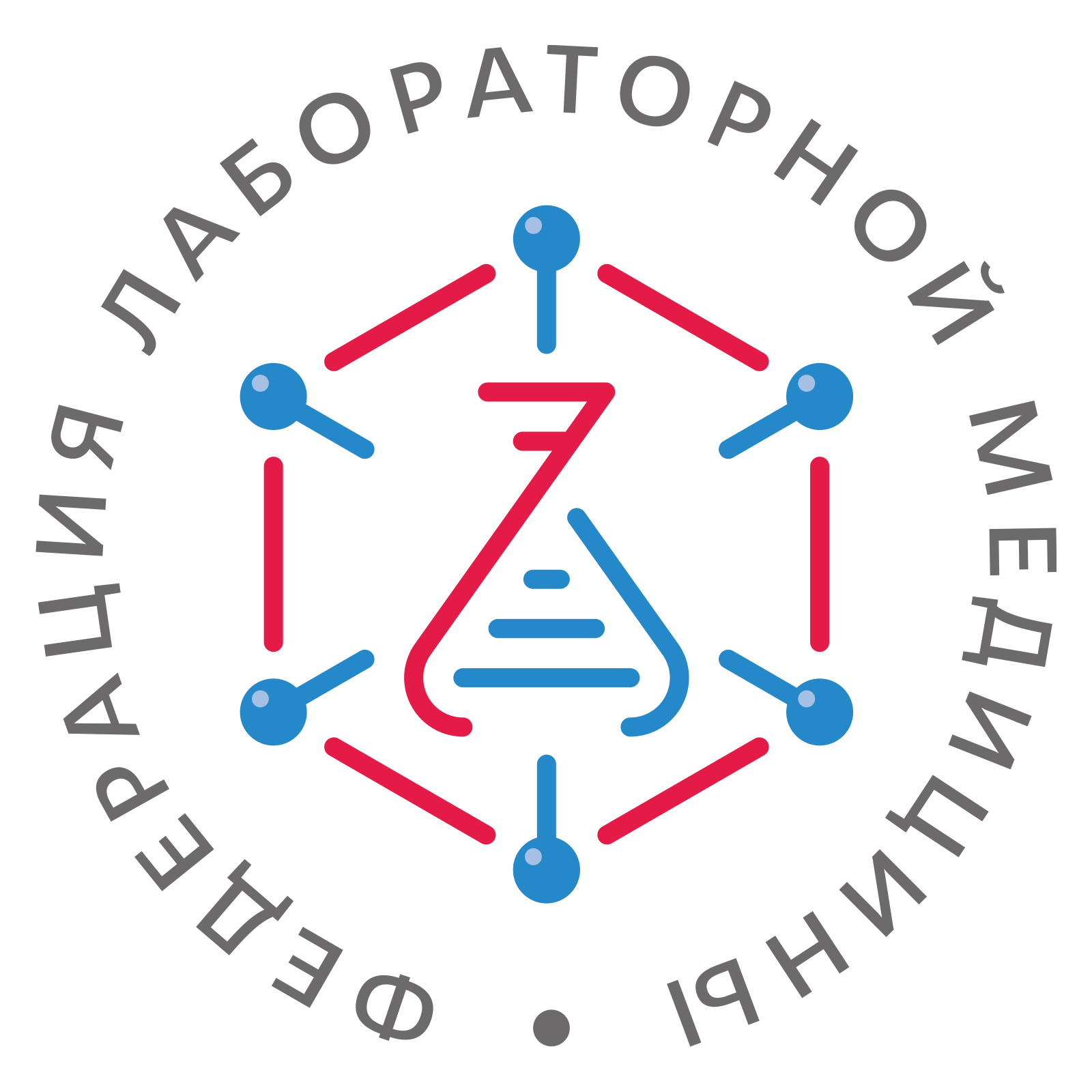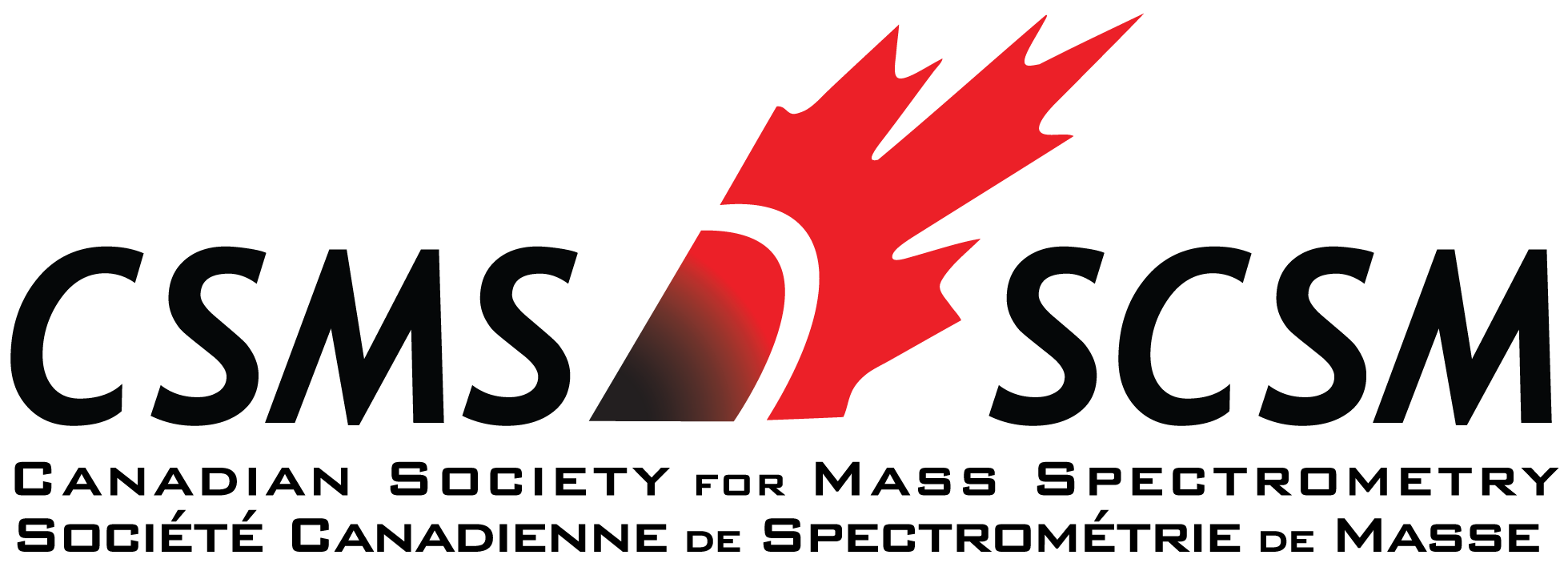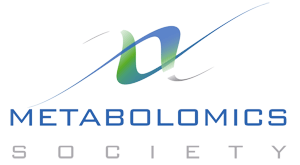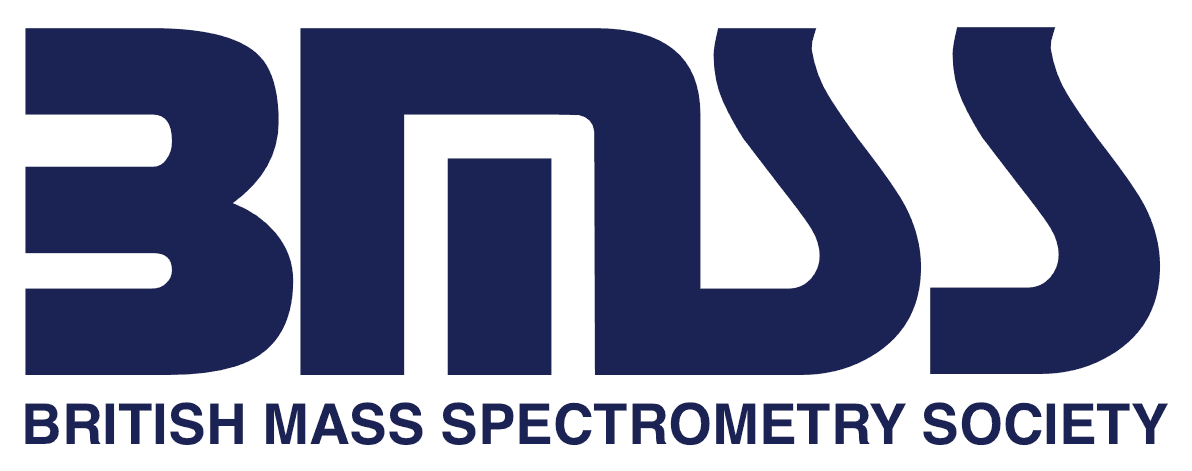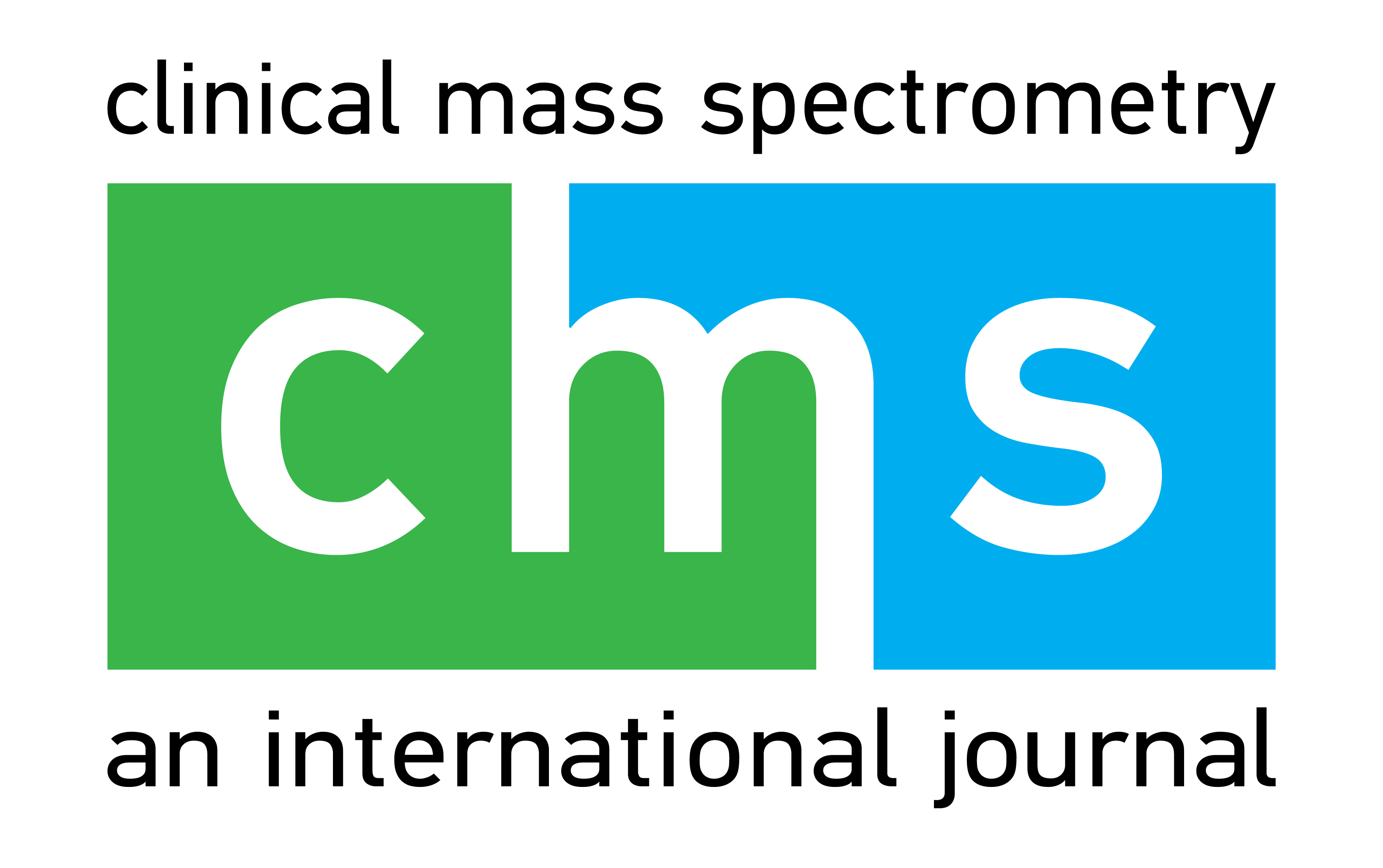MSACL 2019 EUSalzburg Sept 22-26 |
Details
MSACL EU
|
Meet-a-Mentor
MSACL strives to offer a congress experience that values training and mentorship (see travel grants, short courses and Practical Training tracks), and provides avenues by which early-career attendees can gain experience presenting (see Poster Lightning Talks, the Poster Contest, Podium opportunities).
The Meet-a-Mentor program has been developed to create a channel by which early-career attendees can approach, interact and connect with mid- to late-career attendees to share intellect and experience.
Booth and Poster Tours: Mentors browse booths or view posters as they normally do, but with one or more mentees along to observe, participate and learn from experience.
Office Hours: Mentors will be available at tables in the Meet-a-Mentor area of the Exhibit Hall where attendees can sign up to have a 10-15 minute chat about ... anything.
You can sign up at the congress to participate in one or more Meet-a-Mentor activities (i.e., Booth Tour, Poster Tour, Office Hours).
| Tuesday | 18:00 - 19:00 | Meet-a-Mentor : Booth Tours 1st Floor Exhibit Hall |
| Wednesday | 15:30 - 16:30 | Meet-a-Mentor : Poster Tours 1st Floor Exhibit Hall |
| Wednesday | 18:00 - 19:00 | Meet-a-Mentor : Office Hours Forum 1st Floor Cafe |
| Thursday | 12:00 - 13:00 | Meet-a-Mentor : Poster Tours 1st Floor Exhibit Hall |
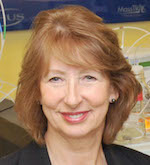
|
Christiane Auray-Blais, LL.M., Ph.D. |
Office Hours on Wednesday @ 18:00
|
|
| Christiane Auray-Blais is the Director of the Neonatal Urine Screening Program for hereditary metabolic disorders in Sherbrooke, QC. More than 3 360 000 newborn babies were screened in the Province of Quebec for disorders of amino acids and organic acids. She holds a Ph.D. in radiobiology from the Faculty of Medicine and Health Sciences (FMHS) at the Université de Sherbrooke and postdoctoral studies from Duke University Medical Center in North Carolina, US. She has a master’s degree in Health Law from the Faculty of Law at the Université de Sherbrooke and a bachelor’s degree in biochemistry. She is the author of more than 285 publications, book chapters, abstracts and articles. She is a full professor in the Medical Genetics Division in the Department of Pediatrics at the FMHS and a researcher at the Clinical Research Centre in Sherbrooke, and in the Mother-Child Axis. She is the Scientific Director for the Waters-CHUS Expertise Centre in Clinical Mass Spectrometry and the Director at the Waters Center of Innovation in Sherbrooke. She is the principal investigator and co-investigator in numerous research grants. She has received awards for her involvement and expertise in preventive genetic medicine. | |||
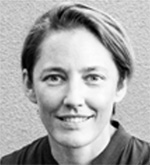
|
Anne Bendt, PhD (Biochem) |
Office Hours on Wednesday @ 18:00
|
|
| With a MSc in Marine Biotechnology (Greifswald University, Germany) and a PhD in Biochemistry (Cologne University, Germany) in close collaboration with industry, Anne Bendt has always been working on topics which are translatable into applications outside of the laboratory. Driven by her fascination for infectious diseases, she joined the National University of Singapore (NUS) in 2004 to develop lipidomics tools for tuberculosis studies. She is now a Principal Investigator at the Life Sciences Institute, NUS, focussing on translation of mass spec technologies into clinical applications, primarily for lipids and small molecules. Additionally, she is serving as the Associate Director of the Singapore Lipidomics Incubator (SLING) being in charge of operations and commercialization. Anne is passionate about training and education and has made substantial contributions to SLING’s various workshops and the highly successful ‘ic lipid’ training course. She is a co-founder of FeMS, the international 'Females in Mass Spec' initiative. | |||
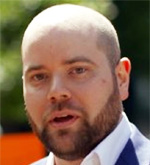
|
Simon Cameron, BSc PhD |
Poster Judging on Thursday @ 9:30
|
|
| Simon Cameron earned his BSc in Biology and Bioinformatics and PhD in molecular microbiology and mass spectrometry from Aberystwyth University. In 2015 he moved to Imperial College London to join Prof. Zoltan Takats's research group to work on the development of rapid evaporative ionisation mass spectrometry (REIMS) for clinical microbial diagnostics. In 2019 he was awarded a Vice-Chancellor's Fellowship to move to Queen's University Belfast to take up an independent position as a principal investigator within the Institute of Global Food Security and School of Biological Sciences. His research group uses mass spectrometry and microbiology techniques to understand the role of early life nutrition in the development of the gut microbiome and health and disease. | |||
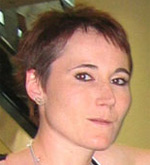
|
Isabelle Fournier, Profesor |
Poster Tour 1 on Wednesday @ 15:30 ⤷MALDI MS Imaging & intraoperative MS Poster Tour 2 on Thursday @ 12:00
⤷Spatially-Resolved Proteomics |
|
| Prof. Fournier is Distinguished Professor at the University of Lille and held a position as co-director of the Proteomics, Inflammatory Response & Mass Spectrometry Lab Inserm U1192. Prof. Fournier is an analytical chemist specialized in Mass Spectrometry applied to biology and clinics. She has started a research career in 1996 by a PhD at University Pierre & Marie Curie in Paris working on the fundamental mechanisms associated to MALDI. She continued her work on fundamental MALDI by 2 years in the group of Prof. Michael Karas in Frankfurt. In 2002, she started to develop MALDI MS Imaging at the University of Lille. In 2004, after obtaining an associate professor position, she established her own group on MALDI MS Imaging and contributed to the field with several developments including new MALDI matrices, strategies for imaging of FFPE tissues and proteins, and the development of Tagged-probes for specific imaging of mRNA and antigens. In 2009, she was hired as Full Professor and awarded a Junior position at Institut Universitaire de France. In 2010 she confounded the Imabiotech Company which provides services in MALDI MSI. Since 2012, she got interested by the development of Spatially-Resolved Proteomics in combination to MALDI MS Imaging for clinical applications in the field of oncology. Since 5 years, she is also interested in the development of in vivo MS as a tool for guided surgery and intraoperative analysis. She has authored 122 publications (h-index 36, 4708 citations), 10 patents, 12 book chapters and presented 110 conferences. In 2017, she was distinguished for her contribution in clinical mass spectrometry by the international distinguish award from MSACL. She was board member of the COST Action dedicated to MS Imaging and was involved in the foundation of the Mass Spectrometry Imaging Society. She recently was awarded a senior position at Institut Universitaire de France. | |||
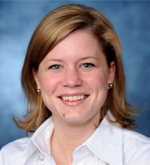
|
Shannon Haymond, PhD |
Office Hours on Wednesday @ 18:00
|
|
|
Hi! I am Dr. Shannon Haymond, the Director of Mass Spectrometry and the Vice Chair for Computational Pathology at Ann & Robert H. Lurie Children?s Hospital of Chicago. I am an Associate Professor of Pathology at Northwestern University Feinberg School of Medicine. My current interests include automating data workflows in mass spectrometry labs and improving the capacity and application of data analytics within laboratory medicine. That said, I especially enjoy meeting early career colleagues and am happy to share my experiences on a broad array of topics. |
|||
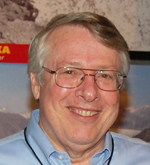
|
David Herold, MD PhD |
Booth Tour on Tuesday @ 18:00 ⤷The Vendor is Your Friend Poster Tour 1 on Wednesday @ 15:30 ⤷How to Give Impact to Poster Presentations Office Hours on Wednesday @ 18:00 Poster Tour 2 on Thursday @ 12:00
⤷How to Give Impact to Poster Presentations |
|
| David Herold received his BS in Chemistry from Tulane University, MA in Chemistry at the University of North Carolina-Chapel Hill, served 5 years in the USAF, received MD and PhD (in Physical Organic Mass Spectrometry) at the University of Utah and then completed his Clinical Pathology residency at the University of Virginia and then joined the faculty. In 1991, he moved to the University of California, San Diego. His interests are in the MS applications to clinical diagnostics. This includes prostaglandins, trace metals, drugs of abuse, and steroids (in particular testosterone in women and children). He has also used Accelerator Mass Spectrometry for the determination of calcium flux in serum and urine using 41Ca as a marker and jointly holds a US patent for the technology. His present interest is the detection and characterization of hemoglobin variants. Inspired by the 2007 ASMS Asilomar conference on clinical mass spectrometry, Dr. Herold started MSACL. He has served as Executive Board Chair and Scientific Committee Chair of MSACL since 2008. | |||
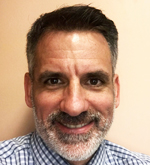
|
Daniel Holmes, MD |
Office Hours on Wednesday @ 18:00
|
|
| Daniel Holmes earned his undergraduate degree in Chemical Physics from the University of Toronto. He went to medical school at the University of British Columbia (UBC) where he also did his residency in Medical Biochemistry. He is a Clinical Professor of Pathology and Laboratory Medicine at UBC and Division Head of Clinical Chemistry at St. Paul's Hospital in Vancouver. Interests include laboratory medicine informatics – particularly using the R language, clinical endocrinology with a focus on secondary hypertension, clinical lipidology and clinical mass spectrometry. Assay development efforts in the last five years have focused on novel use of mass spectrometry for quantitative protein mass spectrometry and for specialized endocrine testing. | |||
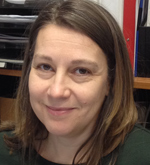
|
Eva Hunyadi-Gulyas, PhD |
Poster Judging on Thursday @ 9:30
|
|
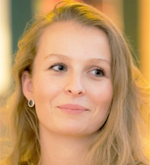
|
Guinevere Lageveen-Kammeijer |
Poster Judging on Thursday @ 9:30
|
|
| Guinevere S.M. Lageveen-Kammeijer, PhD, received her PhD on exploring prostate-specific antigen (PSA), the well-known biomarker for prostate cancer, and its glycosylation by capillary electrophoresis and mass spectrometry. Currently, Guinevere performs her post-doctoral research at the Center for Proteomics and Metabolomics at the Leiden University Medical Center, in the group of prof. Manfred Wuhrer. She is working on further expanding a mass spectrometry-based PSA glycosylation assay which she developed during her PhD. In addition, she explores the possibilities for the in-depth analysis of glycans and intact glycoproteins for biomarker discovery for other diseases as well as for the characterization of biopharmaceuticals. In 2017, Guinevere joined the organization committee of the Netherlands Area Biotech (NLab) Discussion group of CASSS. In 2019, she became a member of the scientific committee of the glycomics session, and a member of the early career committee, of MSACL EU. Her research interests are focused on bringing together researchers from the field of biomarker discovery with clinical laboratory professionals, ensuring a better translation of potential biomarkers to the clinic. Moreover, she is dedicated to convincing her fellow colleagues that glycosylation is an important subject and should not be neglected just because it is rather complicated. | |||
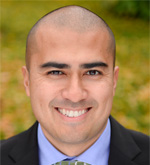
|
Patrick Mathias, MD, PhD |
Office Hours on Wednesday @ 18:00
|
|
| Patrick Mathias is a board-certified clinical pathologist who serves as the Associate Medical Director of the Informatics division in the Department of Laboratory Medicine at the University of Washington. He completed his clinical pathology residency and clinical informatics fellowship at UW. His primary academic interests lie in precision medicine informatics and developing systems to minimize the impact of laboratory-associated diagnostic errors. In his role as an informatics director, he is responsible for continuous assessment of information systems to facilitate the needs of the clinical laboratory and ensure laboratory instrumentation and associated data is fully utilized to deliver high value patient care. | |||
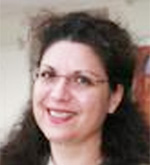
|
Anna Nicolaou, Prof BSc PhD CChem FRSC |
Poster Tour 1 on Wednesday @ 15:30 Office Hours on Wednesday @ 18:00
|
|
| Prof. Anna Nicolaou is Professor of Biological Chemistry at the Faculty of Biology Medicine and Health, The University of Manchester. She received her PhD in Bioorganic Chemistry from the University of Athens and then trained as postdoctoral fellow at the School of Pharmacy, University of London. She joined the University of Bradford in 1997 and became Professor of Biological Chemistry in 2008. In 2013, she took her current post at the School of Health Sciences and the Lydia Becker Institute of Immunology and Inflammation, University of Manchester. Currently, she is Executive Editor of BBA Molecular and Cell Biology of Lipids, co-chair of the Lipidomics Division of the European Federation for the Science and Technology of Lipids (EuroFedLipid), board member of the International Society for the Study of Fatty Acids and Lipids (ISSFAL) and a Fellow of the Royal Society of Chemistry. | |||
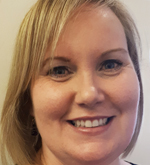
|
Laura Owen, PhD |
Booth Tour on Tuesday @ 18:00
|
|
|
Laura Owen is a Clinical Scientist within the National Health Service in the UK with 16 years of mass spectrometry experience. Her main area of work has been small molecule quantitation for e.g. TDM and endocrinology applications. She is a Consultant Clinical Scientist at Salford Royal Hospital, where mass spectrometry assays for a variety of small molecule and toxicology services are offered nationally. Prior to working at Salford Laura worked at Wythenshawe Hospital where she has experience of quantitative method development on both LC-MS/MS and exact mass equipment. Laura is a honorary senior lecturer at the University of Manchester, where she lectures on chromatography, mass spectrometry and the adrenal cortex on a national clinical science MSc programme. Laura has also acted as chair of the Association for Clinical Biochemistry’s special interest group for mass spectrometry. |
|||
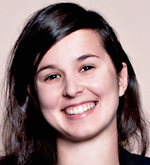
|
Tiffany Porta, PhD |
Office Hours on Wednesday @ 18:00
|
|
|
I am an Assistant Professor at the Maastricht MultiModal Molecular Imaging (M4I) institute since 2016. I earned my PhD at the School of Pharmaceutical Sciences (University of Geneva) where I specialised in developing and employing MS imaging-based approaches to monitor drugs in forensics and plant biology. I am now devoted to demonstrate how MSI and moleulcar profiling in general can be employed to improve the accuracy of cancer diagnostics. I am strongly motivated by the translational aspect between the development of innovative instrumentation and direct application to clinical research – with a special focus on intraoperative mass spectrometry. Working in a multidisciplinary environment and by the close collaboration with the Surgeons and Pathologists is a real motivation for me and drives my research. I am also happy to discuss with you about travel and photography with a beer or glass of wine ;-) |
|||
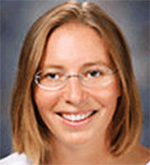
|
Renee Ruhaak |
Poster Judging on Thursday @ 9:30
|
|
| Dr. Renee Ruhaak is a passionate analytical scientist with a strong interest in the application of novel technology to better understand changes in physiology associated with states of health and disease. To ensure that research findings benefit patients, she works on the translation of biomarkers into MS-based diagnostics. Renee obtained her PhD from Leiden University Medical Center, Leiden, The Netherlands and subsequently did a post-doc at the University of California, Davis. She became an assistant professor, first at MD Anderson Cancer Center in Houston, TX, but she soon moved back to the Leiden University Medical center to join the department of Clinical Chemistry and Laboratory Medicine. | |||
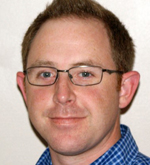
|
Chris Shuford, PhD |
Office Hours on Wednesday @ 18:00
|
|
|
Chris Shuford, Ph.D., is Associate Vice President and Technical Director for research and development at Laboratory Corporation of America in Burlington, North Carolina. Chris received his B.S. in Chemistry & Physics at Longwood University and obtained his Ph.D. in Bioanalytical Chemistry from North Carolina State University under the tutelage of Professor David Muddiman, where his research focused on applications of nano-flow chromatography for multiplexed peptide quantification using protein cleavage coupled with isotope dilution mass spectrometry (PC-IDMS). In 2012, Chris joined LabCorp’s research and development team where his efforts have focused on development of high-flow chromatographic methods (>1 mL/min) for multiplexed and single protein assays for clinical diagnostics. |
|||
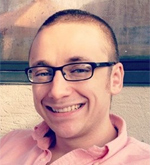
|
Will Slade, PhD |
Office Hours on Wednesday @ 18:00 Poster Judging on Thursday @ 9:30
|
|
| William Slade, PhD did his undergraduate degree in Biology from Concord University with a focus on Recombinant Gene Technology. He completed a PhD in Biological Sciences at Virginia Tech with a focus on Biological Mass Spectrometry before postdoctoral work at the University of North Carolina at Chapel Hill in the Analytical Chemistry department. He is currently a Researcher in the Mass Spectrometry Research and Development group at Laboratory Corporation of America Holdings in Burlington, North Carolina. His interests include clinical mass spectrometry and informatics. | |||
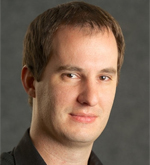
|
Karl Storbeck, PhD |
Poster Judging on Thursday @ 9:30
|
|
| Karl Storbeck is an Associate Professor in Biochemistry at Stellenbosch University, South Africa and an honorary senior research fellow at the Institute of Metabolism and Systems Research at the University of Birmingham, UK. He was awarded his PhD in Biochemistry by Stellenbosch University in 2008 and was subsequently appointed to faculty in 2012. His research focusses on understanding the role of the overlooked adrenal 11-oxygenated androgens in health and disease. His group has shown that 11-ketotestosterone and 11-ketodihydrotestosterone are bone fide androgens and together with others has implicated 11-oxygenated androgens as important role players in disease states including castration resistant prostate cancer, polycystic ovary syndrome and congenital adrenal hyperplasia. He employs state-of-the-art mass spectrometry based assays including ultra-high performance supercritical fluid tandem mass spectrometry (UHPSFC-MS/MS) in his research and was awarded a Newton Advanced Fellowship by the Academy of Medical Sciences in the UK in 2016. This fellowship has allowed him to work with the team from the Steroid Metabolome Analysis Core at the University of Birmingham to develop new UHPSFC-MS/MS methods for application in the clinical laboratory. | |||
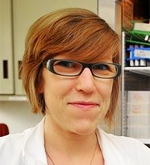
|
Grace van der Gugten |
Booth Tour on Tuesday @ 18:00 ⤷Specifically for those new to the field Office Hours on Wednesday @ 18:00
|
|
| Grace Van Der Gugten is LC-MS/MS Applications Development Specialist at St Paul’s Hospital in Vancouver BC. She is passionate about developing the most user friendly and streamlined LC-MS/MS assays as possible for routine use in the Special Chemistry Mass Spec Lab. She loves troubleshooting - especially when the cause of problem has been discovered and the issue is solved! | |||
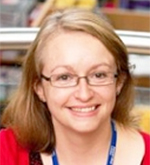
|
Elizabeth Want, PhD |
Office Hours on Wednesday @ 18:00 Poster Judging on Thursday @ 9:30
|
|
| Dr Elizabeth Want is the Waters Senior Lecturer in Molecular Spectroscopy in the Department of Surgery and Cancer at Imperial College London. She is also the Director of the Imperial International Phenome Training Centre. Dr Want has >20 yrs experience in mass spectrometry (MS) and chromatographic techniques and has spent the past 18 years working in the field of MS-based metabolite profiling. Her research focuses on the development and application of novel MS based techniques for metabolic phenotyping and the fusion of MS methods with chemometric analysis. She has developed and optimised UPLC-MS methodologies for the analysis of biological samples, e.g. serum, urine, tissue, amniotic fluid, and microdialysates. She applies these methods to biomedical research areas including cardiovascular disease, diseases of pregnancy and neurological diseases. Dr Want has published ~70 peer reviewed papers. Additionally, she has mentored multiple Master’s, Doctoral students and Postdoctoral students in metabolomics and mass spectrometry. | |||
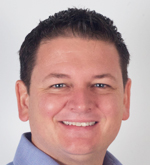
|
Michael Wright |
Booth Tour on Tuesday @ 18:00
⤷Obtaining key information and contacts on the way to setting up your first LC-MS lab |
|
| Mike Wright is the Scientific Director at the Drug Development Solutions division of LGC, in Fordham, Cambridgeshire, UK. His team work on the development of assays for the monitoring of drugs and biomarkers, as drug development tools, in a wide variety of matrices. Prior to working at LGC, Mike worked in clinical diagnostics developing LC-MS/MS services for health trusts in the UK and Australia. Mike teaches on LC-MS/MS applications, considerations and troubleshooting and has contributed to a number of online training programs including the AACC’s Introductory Liquid Chromatography Mass Spectrometry certificate. | |||






